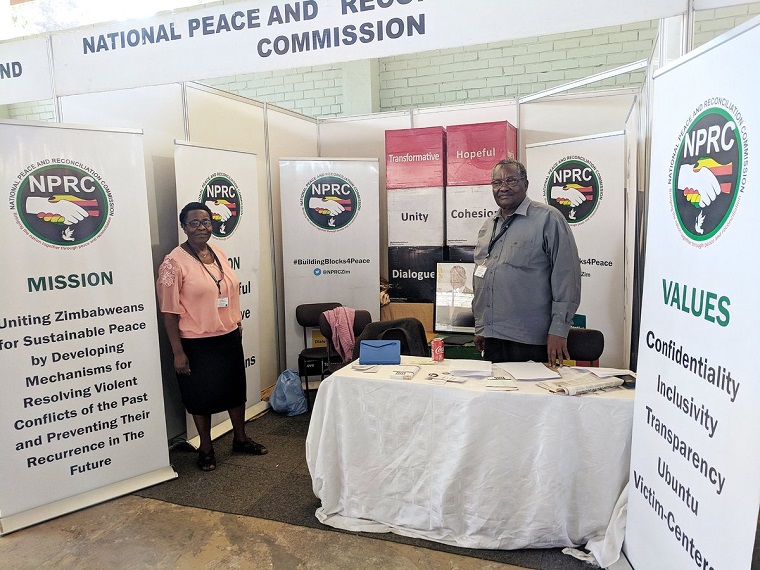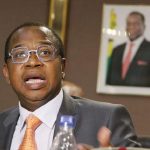 The National Peace and Reconciliation Commission, which has also been tasked with convening Zimbabwe’s national dialogue, will begin a month-long outreach programme to conscientise Zimbabweans on the approaches and mechanisms that will be used in handling issues of national healing and reconciliation.
The National Peace and Reconciliation Commission, which has also been tasked with convening Zimbabwe’s national dialogue, will begin a month-long outreach programme to conscientise Zimbabweans on the approaches and mechanisms that will be used in handling issues of national healing and reconciliation.
The programme kicks off in Mashonaland East on 15 March moves on to Matebeleland North, then Matebeleland South and the Midlands.
It will proceed to Mashonaland Central, Harare, Mashonaland West, Masvingo, Manicaland and finally wind up in Bulawayo.
The commission has called on Zimbabweans to participate in the programme which it said will precede the truth seeking, truth telling and public hearings.
One of the most contentious issues that the commission will have to address is the 30-year-old Gukurahundi massacres in which thousands of people in Matebeleland and the Midlands were killed during a purge on dissidents between 1981 and 1987.
Although President Emmerson Mnangagwa recently met leaders of civic groups in Bulawayo and promised to address the issue including reburials, some people argue that Mnangagwa was not sincere.
“Mnangagwa can never be sincere on Gukurahundi because it is on him. How does a mosquito invent a cure for malaria and compensate those it already killed? That’s why this whole discussion rushes to healing while glossing over acknowledgement, responsibility taking, justice and reparations. It’s all a huge joke and Mnangagwa is simply continuing with his deception as he buys time in as far as facing justice for Gukurahundi is concerned,”Iphuthile Maphosa of the Zimbabwe African People Union told Newsday.
The original ZAPU united with ZANU-PF in 1987 but Dumiso Dabengwa, one of former top lieutenants of ZAPU leader Joshua Nkomo, revived the party after he left ZANU-PF but it has been a pale shadow of the party that once controlled Matebeleland and the Midlands.
The ZAPU territory seemed to have been taken over by the Movement for Democratic Change but it too is losing its grip except in the urban centres, especially Bulawayo.
(101 VIEWS)


